Photographer of the Month: Richard Stupart
I've got an incredible photographer to share with you today! Richard Stupart's site, Where the Road Goes, is the epitome of excellent travel writing - he shares the essence of thoughtful travel and extraordinary travel photos. Can I tell you how much I love this site? Richard's writings are what you WISH you could write about travel - picking up on experiences, people, cultural connections. Add to it his gorgeous photos - it seems that he's got a direct line to the heart of travel. When I peruse his photos, I just get drawn into the culture or landscape he's exploring - and want to go there to see it myself. He's so very talented at capturing the essence of a place, and I am very excited to share his work with you today.

Siblings, perhaps

Atbara Sunset - Sunset in Atbara on Christmas day 2009
We were lucky enough to sit down and chat with Richard, about photography, color, changing the world, photo tips, and more. Here's what he had to say...

Atbara Sunset - Sunset in Atbara on Christmas day 2009
WE: How did you get interested in photography?
RS:I think it came about as a consequence of traveling. The more interesting things I came to see, the more I wanted to try and capture something of the places and people that I could return with to show others. That gradually led from simply taking pics of interesting places, to paying increasing attention to trying to tell stories through pictures and give viewers a better sense of different places and cultures.
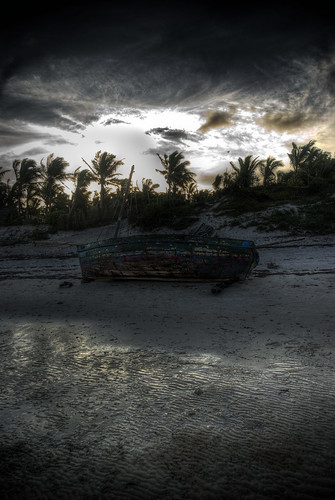
Washed ashore - Vilanculo, Mozambique
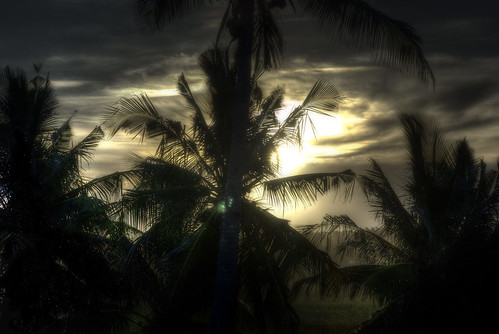
Storm in paradise - Tofo, Mozambique
WE: How long have you been a photographer?
RS: Probably since about 2007, when I first started seriously making pictures. In 2008 I finally scraped together and bought myself a DSLR (a Pentax K200D, with excellent weather sealing), which opened up a whole world of learning that I suspect will go on for many years yet.
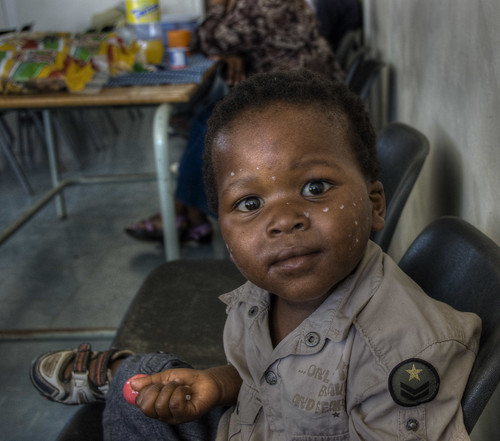
Lollipop Boy - You cannot resist the gaze of the lollipop boy. Glenmore, Eastern Cape, South Africa

Icicles- Found on the roadside high in the mountains of Lesotho
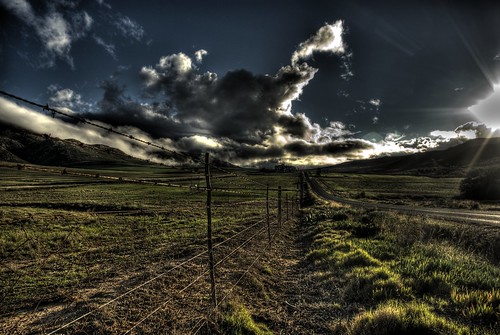
Open road - Road to oudshoorn, Eastern Cape, South Africa
WE: What is your favorite place to photograph? Or subject?
RS: I am drawn to photographing colour. Specific combinations of colours, or simply bold, rich hues catch my eye like silver, shiny things do a magpie’s. I also really enjoy photos with children and animals – their antics can make for the most beautiful images, and they are generally wholly unconcerned with the presence of cameras. Adults will become shy or pose – kids couldn’t care less.

Ethiopia - The man who guards the centuries-old treasures of the Bahir Dar monasteries
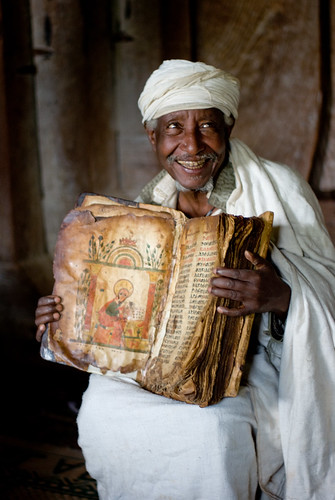
Ethiopia - The priest and the eight hundred year old bible

Tanzania
WE: How can photographers help change/impact the world, while they are traveling?
RS: I believe that photographs can offer something that even the most skilled writing can’t – images can bring people into places that they might have no way of imagining otherwise. They provide a record of what is there that cannot be denied. In that way, they can offer others a richer view of what exists in the corners of the world. If photographs are taken with a genuine intent to represent places and cultures, rather than simply documenting that “I was there”, then I believe those images can bring something of those places and cultures home for others.
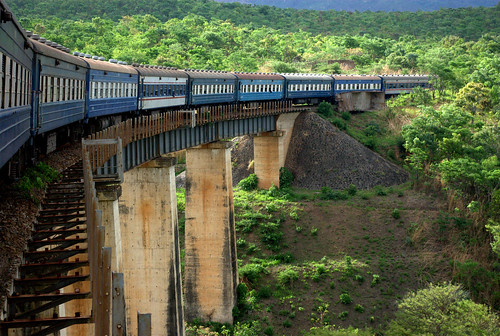
Tazara Rail

WE: Are there rules in other countries people need to be aware of about who or what you can or cannot shoot?
RS: Different cultures will have wholly different rules about photography. Don’t assume that because people wouldn’t mind you taking their photograph back home, they will not mind you doing it where you happen to be. Some people love being photographed, others will take offense. If you are in any doubt at all, it is always best to ask first.
In some countries with more fearful governments, there may be rules about taking photographs of public buildings, infrastructure or other seemingly innocuous surroundings. You may not even be taking a picture of a prohibited building specifically, yet find yourself in trouble for having it in the background. Again, if in any doubt, ask. Ask a policeman or other official if at all possible, because taking photographs on their authority (if they say yes) will be a far more useful fallback than having to tell a grumpy security official that some anonymous bystander said you could take pictures.
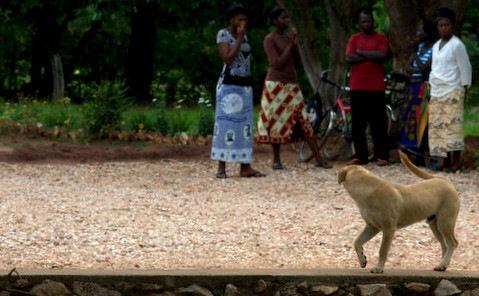
Chikuni Mission - From the Chikuni mission station in Chisikesi, Zambia

Victoria Falls, Zambia
WE: Any tips you want to share?
RS: If you intend to be serious with your photography, get a DSLR camera. Low end ones can be quite affordable and provide everything a beginner could need. When travelling, try and get a lens with a wide angle and zoom, such as the 18mm – 200mm lenses that are available for every brand of DSLR. They will give you huge flexibility to shoot pictures in a wide range of situations without worrying about swapping lenses all the time.
Also, get a book on photography and read it through. Even if 60% of it makes no sense the first time, the 40% that you will pick up on your first reading can help you improve your photography immeasurably. Understanding simple things, like the fact that the light is better at the beginning and end of the day than in the middle and the rule of thirds will provide a huge boost to the quality of the images you can produce.
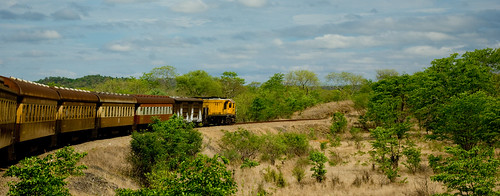
Zambia

Pyramids. With camels, even. What luck.
WE: Is there anything else you'd like to share with us?
RS: Practice. Practice as much as you can, at a range of different times of day, with different subjects and playing around to try different effects. Being willing to make occasional terrible images is a worthwhile investment as you gain a feel for your camera and how it will behave in different conditions. There are no shortcuts to becoming a good photographer, only practice and an occasional sense of humour.

Evening in Zambia II

Storm is Coming - The beachfront of Vilanculos, Mozambique
WE: Thanks so very much, Rich. I've long admired your work and am very pleased to share it with our Wandering Educators.
For more information on Rich's photography and writing, please see:
http://www.wheretheroadgoes.com
All photos courtesy and copyright Richard Stupart.
-

- Log in to post comments



















